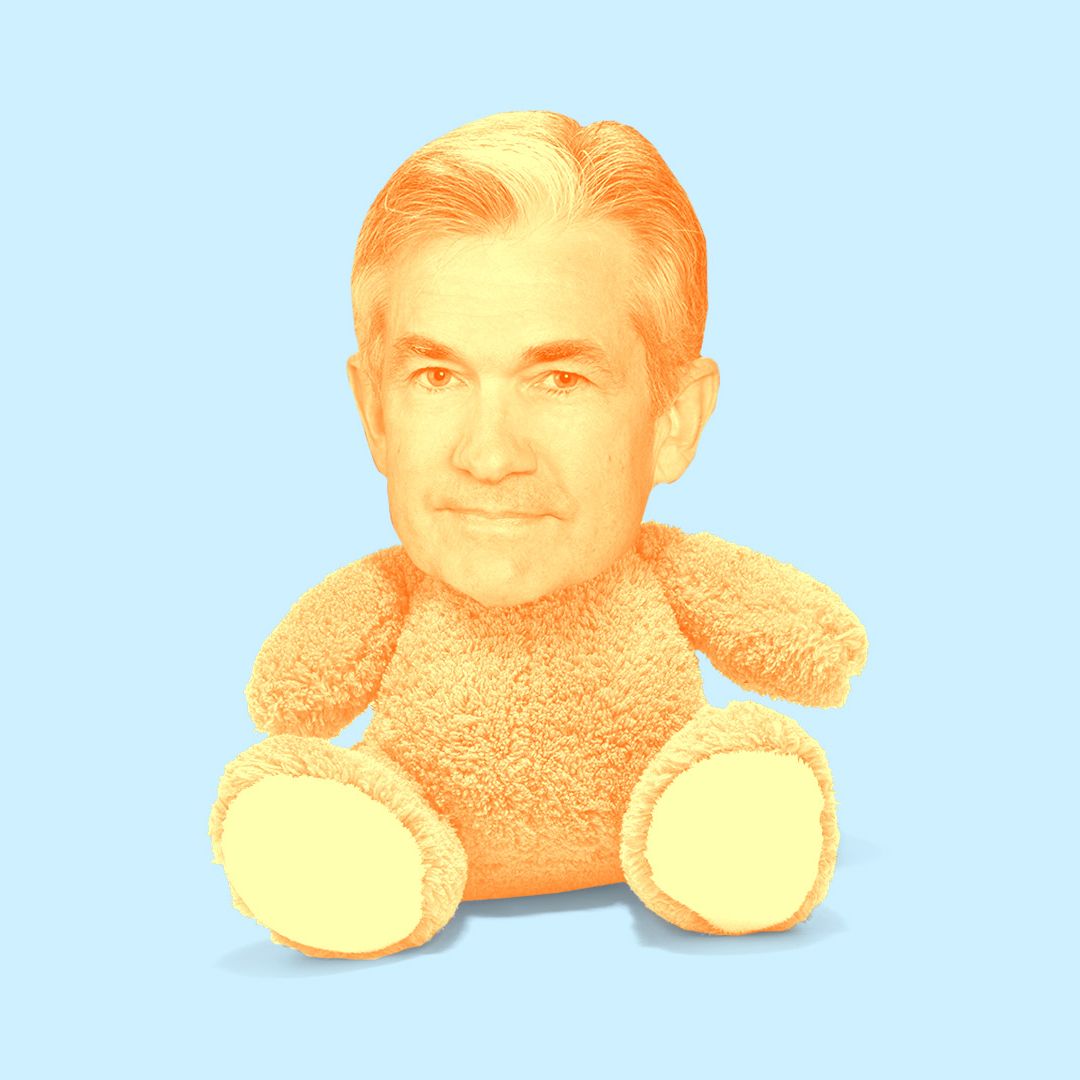Trump's nomination of Stephen Moore to the Fed board is cronyism in its clearest form

Published Date: 3/24/2019
Source: axios.com
Corruption comes in many forms: cheating, bribery, nepotism, cronyism, embezzlement, fraud, state capture. Donald Trump's nomination of Stephen Moore to the Federal Reserve board falls neatly under the heading of "cronyism."The big picture: Moore has few apparent qualifications for a seat on the Fed board. Instead, he is being rewarded for his work on Trump's election campaign and for his gushing praise of Trump in places like his "Trumponomics" book.The proximate cause of his nomination seems to be a recent WSJ op-ed that Moore wrote claiming "the Trump administration’s pro-growth policies have attracted investment from around the globe," and which, bizarrely, urged the Fed to link domestic interest rates to international commodity prices.Moore would politicize the Fed in an unprecedented manner: He has consistently called for higher interest rates whenever a Democrat is in the White House and lower rates when it's a Republican. Were he to be confirmed — an act that itself would qualify as state capture — Fed chair Jay Powell could no longer truthfully say that his rate-setting committee is independent, unswayed by partisan political considerations. That independence has been a Fed bedrock for decades.The Fed shocked the bond markets this week by announcing that it was planning no more rate hikes for the rest of the year. That's despite the fact that current rates are low and growth seems healthy. By coincidence, the Fed's move follows sustained and public pressure from President Trump, urging the Fed to stop raising rates.The markets don't believe that Trump is responsible for the new policy. But if they did suspect political influence, the Fed's credibility — by far its most important asset — would be shattered.Further reading: John Authers explains the most likely economic rationale for Powell's actions, while Greg Ip worries that if rates need to be this low when the economy is doing well, the Fed will not be able to cope if and when the next big downturn happens. And Binyamin Appelbaum reminds us that the Fed seems to be neglecting its other big job, of regulating the banking system.